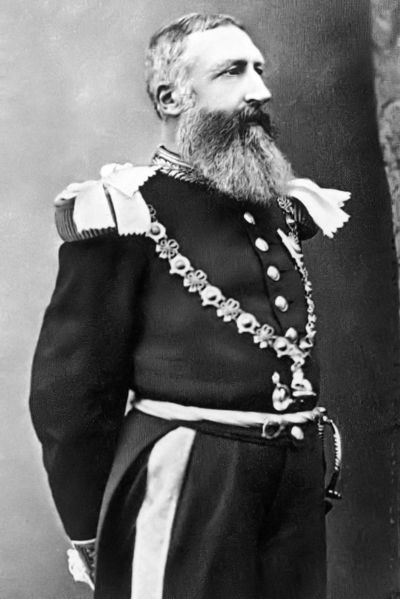 ten by Mr. Kurtz. The lines that he finds ominous are quite interesting.
ten by Mr. Kurtz. The lines that he finds ominous are quite interesting. 
 ten by Mr. Kurtz. The lines that he finds ominous are quite interesting.
ten by Mr. Kurtz. The lines that he finds ominous are quite interesting. 


William Sheppard's story doesn't seem very heroic at first glance, but after going back through this part of the book, I realized it wasn't the "heroic" actions he did it was the simplicity of his heart and actions. This man, unlike many before him was not after ivory, rubber or slaves, he was there to teach Christianity and learn more about the people of the Congo. He befriended them, learned their language and became a beloved "hero" to them. He didn't try to change their behavior or teach against it, he simply influenced through his charm and personality. Amidst all the atrocities and death, this man was one of their color and genuinely cared about the people. This African-American man whose father was a slave, practiced acceptance of the Africans like no missionary before him.
-Sheppard wearing a traditional European attire.
The definition of a hero is one who puts others before themselves, and although Sheppard originally went there for himself, he came back a hero of the Africans. He put his very life into learning their culutre and serving the people.


 From the very beginning I didn't like this boy. The way the author described him made me want to skip over that chapter and continue on with Stanley. However further reading into the book proved that Leopold was a very imaginative character with many mysterious characteristics. His obsession with Africa had me wondering what he was really capable of if he had put his effort elsewhere; like ruling his country. His desire for these African colonies was ruining everything in his life. He had no relations with his wife, except the birth of his two daughters and no relationship with them either. He didn’t seem too concerned with the well being of his home country, everything was focused on his “Congo.” I thought it was interesting the way he fed off of Stanley’s emotions and skills to get him to explore for his small country. He had a peculiar way of playing with this famous explorer to get exactly what he wanted.
From the very beginning I didn't like this boy. The way the author described him made me want to skip over that chapter and continue on with Stanley. However further reading into the book proved that Leopold was a very imaginative character with many mysterious characteristics. His obsession with Africa had me wondering what he was really capable of if he had put his effort elsewhere; like ruling his country. His desire for these African colonies was ruining everything in his life. He had no relations with his wife, except the birth of his two daughters and no relationship with them either. He didn’t seem too concerned with the well being of his home country, everything was focused on his “Congo.” I thought it was interesting the way he fed off of Stanley’s emotions and skills to get him to explore for his small country. He had a peculiar way of playing with this famous explorer to get exactly what he wanted.


One very interesting fact I found about malaria is where this disease is prevolent, the disorder, Sickle Cell Anemia is not present. According to Wikipedia, one or two alleles of the sickle-cell disease are resistant to malaria since the sickle red blood cells are not conductive to the parasite - in areas where malaria is common.

 n people put masks on to hide their true identity and be a "different person" for the night. Some masks have special meanings and give away certain physical attributes, but none are as intricate as African masks. Africans use their masks for almost every celebration, ceremony and community hearing they have.
n people put masks on to hide their true identity and be a "different person" for the night. Some masks have special meanings and give away certain physical attributes, but none are as intricate as African masks. Africans use their masks for almost every celebration, ceremony and community hearing they have.  I just finished the book, Things Fall Apart and surprisingly I enjoyed the book. Some of the language used was difficult to understand at first, but eventually I got the hang of it.
I just finished the book, Things Fall Apart and surprisingly I enjoyed the book. Some of the language used was difficult to understand at first, but eventually I got the hang of it.
 ot seen as advancement by Europeans, it worked for the African people.
ot seen as advancement by Europeans, it worked for the African people.  school, preferably 8th grade but high school would be fine too. I am also aiming at teaching on an Indian reservation, perhaps the Navajo Reservation in Arizona.
school, preferably 8th grade but high school would be fine too. I am also aiming at teaching on an Indian reservation, perhaps the Navajo Reservation in Arizona.